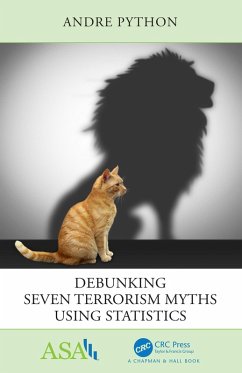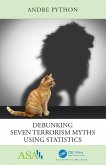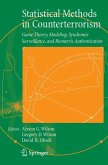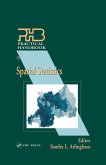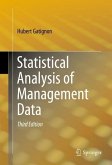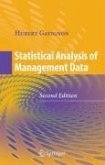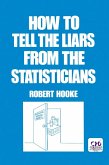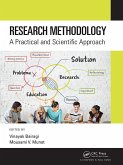What is terrorism? What can we learn and what cannot we learn from terrorism data? What are the perspectives and limitations of the analysis of terrorism data? Over the last decade, scholars have generated unprecedented insight from the statistical analysis of ever-growing databases on terrorism. Yet their findings have not reached the public. This book translates the current state of knowledge on global patterns of terrorism free of unnecessary jargon. Readers will be gradually introduced to statistical reasoning and tools applied to critically analyze terrorism data within a rigorous framework.
Debunking Seven Terrorism Myths Using Statistics communicates evidence-based research work on terrorism to a general audience. It describes key statistics that provide an overview of the extent and magnitude of terrorist events perpetrated by actors independent of state governments across the world. The books brings a coherent and rigorous methodological framework to address issues stemming from the statistical analysis of terrorism data and its interpretations.
Features
Uses statistical reasoning to identify and address seven major misconceptions about terrorism.
Discusses the implications of major issues about terrorism data on the interpretation of its statistical analysis.
Gradually introduces the complexity of statistical methods to familiarize the non-statistician reader with important statistical concepts to analyze data.
Use illustrated examples to help the reader develop a critical approach applied to the quantitative analysis of terrorism data.
Includes chapters focusing on major aspects of terrorism: definitional issues, lethality, geography, temporal and spatial patterns, and the predictive ability of models.
Debunking Seven Terrorism Myths Using Statistics communicates evidence-based research work on terrorism to a general audience. It describes key statistics that provide an overview of the extent and magnitude of terrorist events perpetrated by actors independent of state governments across the world. The books brings a coherent and rigorous methodological framework to address issues stemming from the statistical analysis of terrorism data and its interpretations.
Features
Dieser Download kann aus rechtlichen Gründen nur mit Rechnungsadresse in A, B, BG, CY, CZ, D, DK, EW, E, FIN, F, GR, HR, H, IRL, I, LT, L, LR, M, NL, PL, P, R, S, SLO, SK ausgeliefert werden.

